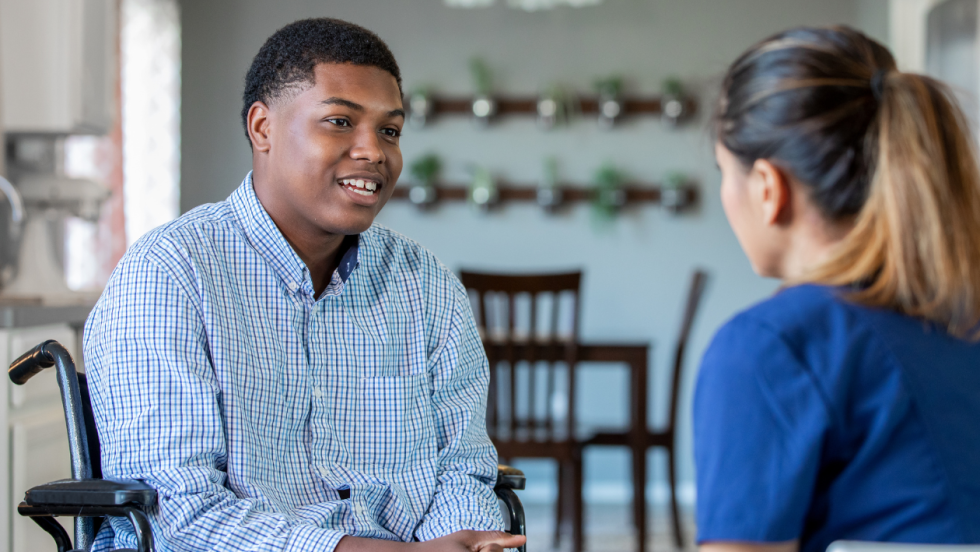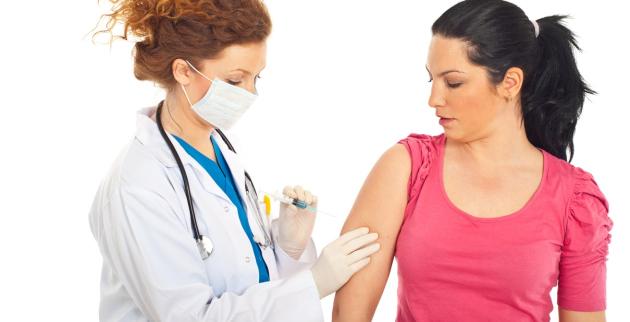Staying Healthy and Happy

Children and young people learn to look after their own health and wellbeing as part of growing up.
Teenage years bring lots of changes and challenges. But they also a time when you learn all kinds of skills.
Learning to look after your own health and wellbeing, and how to get support when you need it, is part of growing up.
Take action: Find ways to support your wellbeing and access wellbeing services.
School Health Nurse Service
The Oxfordshire School Health Nurse Service is available to all children and young people in Oxfordshire, including those learning at home or educated otherwise.
All schools and colleges have access to School Health Nurses and some places may also have drop-in sessions.
Crucial: You can access the School Health Nurse Service even if you're not at school (for example, if you are home schooled, or during school holidays).
Your GP (doctor)
Anyone over 16 can ask for treatment or advice from their GP (doctor) without a parent or carer being present.
If you are under 16 your doctor can still see you but may need to speak to a parent or carer before giving treatments.
Take Action: If you’re over the age of 16, you can register with a GP by yourself. If you’re under the age of 16, your parents or carers will register you at a doctor’s surgery.
Health at home
Parents or carers are responsible for the health of any children in the household. This includes things like:
- Enough food to keep you healthy
- A safe, warm, clean environment with suitable clothes
- Not being exposed to things that will make you ill, like drugs, tobacco smoke, or dangerous situations
Your parents and carers should also provide access to medical care if you are ill or injured, immunisations, and health and dental check ups.
This is especially important when you are very little, but important at any age.
When a parent does not provide these things, this is a type of abuse called neglect, and it is important to take action to get support for the family as quickly as possible.
Crucial: A rare form of abuse is Fabricated or Induced Illness (FII) when parents or carers cause injury or illness to their child. This can take many forms, including giving their child too much, too little or the wrong medication, lying about symptoms, and asking for treatment the child does not need. Signs of FII include being taken to lots of different doctors or hospitals, being encouraged to miss school or activities, and being encouraged to lie about being ill. FII is a serious form of abuse, and it is important to take action if anything like this is happening to you. You can report abuse in Oxfordshire.
Health as you grow up
As you get older, you start taking on more responsibility for your own health. This means you may need to:
- Register with a Doctor
- Register with a Dentist
- Find your local pharmacies
- Find your local Sexual Health clinics
You also need to have somewhere to live which is safe and supports health. This includes cleaning, safe cooking, clearing hazards from the household and keeping the house light, warm and free from pests and damp.
Children often practice all these skills by supporting their parents to look after their house, as they grow up.
Crucial: You can often find health services at your place of study or work too - this can include things like student health services, occupational health, counselling and advice services.
Supporting your wellbeing
Physical health is important, but so is mental health and wellbeing. There are lots of ways you can take action to support your own mental wellbeing. For example:
- Make sure you get enough sleep and have enough to eat
- Learn how to support your own wellbeing
- Ask for support if you need it (for example, from your GP, School Health Nurse, or Tellmi app)
As young people move through their teenage years their social groups change. This can lead to feelings of loneliness and not fitting in, but there are always positive steps you can take to support your wellbeing.


